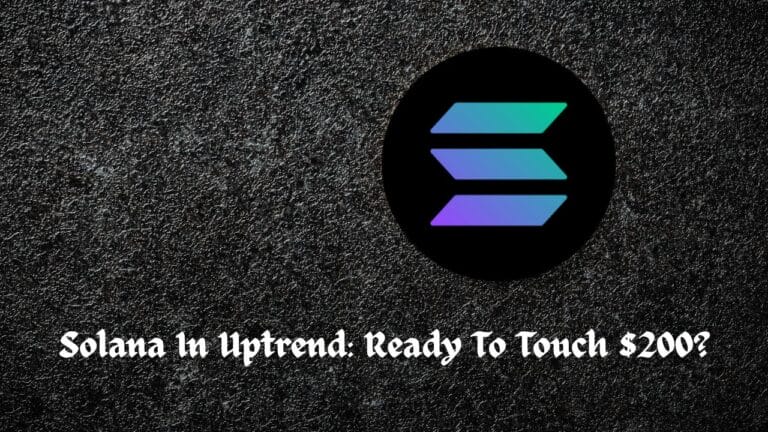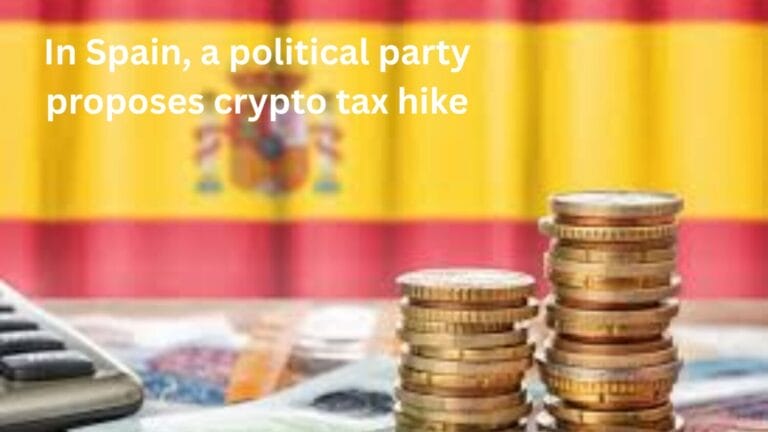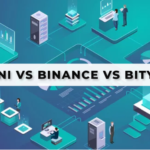Key Takeaways
- The central bank’s draft suggests that centralized platforms offering stablecoin services must adhere to strict licensing policies
- The proposed regulation would bar VASPs from facilitating the transfer of stablecoins denominated in foreign currencies to non-custodial wallets.
Brazil’s Central Bank (Banco Central do Brasil, BCB) has put forward a regulatory proposal to limit the transfer of stablecoins, such as Tether’s USDt, to self-custodial wallets.
Announced on November 29, 2024, the public can provide feedback on the proposal until February 28, 2025. The proposed regulation would bar virtual asset service providers (VASPs) from facilitating the transfer of stablecoins denominated in foreign currencies to non-custodial wallets.
The central bank’s draft suggests that centralized platforms offering stablecoin services must adhere to stricter licensing and reporting requirements, including client verification and transaction disclosures.
This initiative aligns with Brazil’s goal of safeguarding its foreign exchange system and ensuring compliance with anti-money laundering (AML) and fraud prevention measures.
The BCB further aims to address capital outflows as the Brazilian real faces significant depreciation against the U.S. dollar. Since January 2024, the real has lost more than 23% of its value, with the dollar hitting an all-time high of 6.09 reals on November 29.
Stablecoins have gained traction in Brazil as a means to hedge against inflation and currency devaluation. They accounted for nearly $3 billion of the $4.2 billion in crypto transactions recorded in September 2024. Chainalysis data highlights Brazil as the second-largest market globally for stablecoin usage, with these digital assets comprising 59.8% of the country’s crypto market over the past year.
BCB President Roberto Campos Neto has indicated that the regulatory framework could take effect by 2025, reflecting Brazil’s deliberate approach to managing digital assets. The proposed rules would further require centralized exchanges to obtain foreign exchange licenses for crypto-related services and align stablecoin transactions with regulations governing traditional financial instruments.
Brazil’s recent efforts to integrate digital assets into its financial system came after the implementation of a legal framework in June 2023, granting the Central Bank the authority to regulate virtual asset service providers. In November, the Central Bank opened public consultations on the regulation of digital assets.










